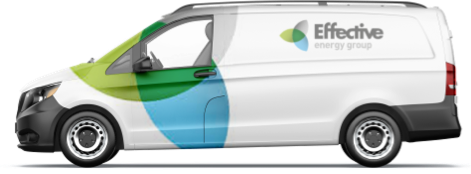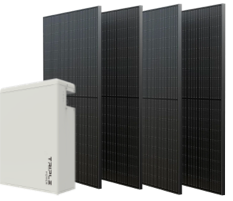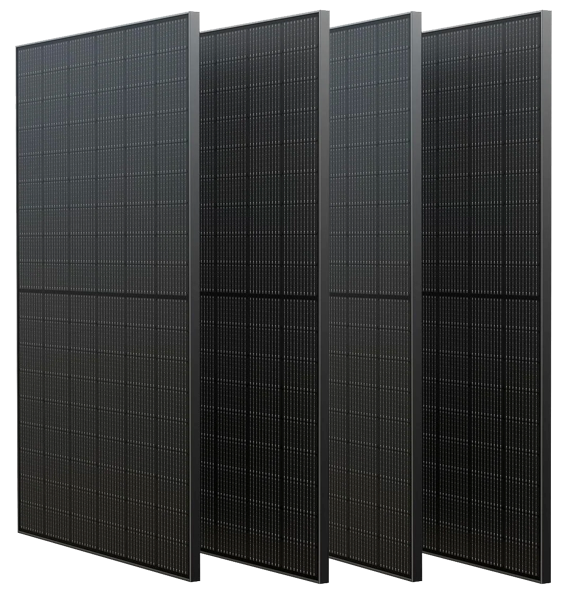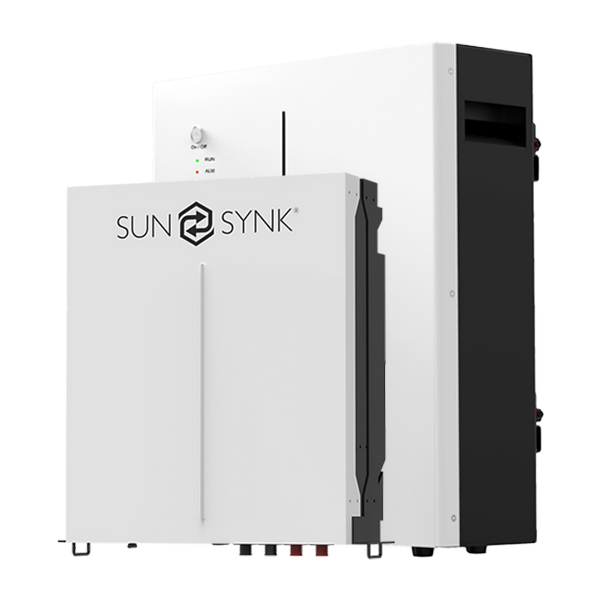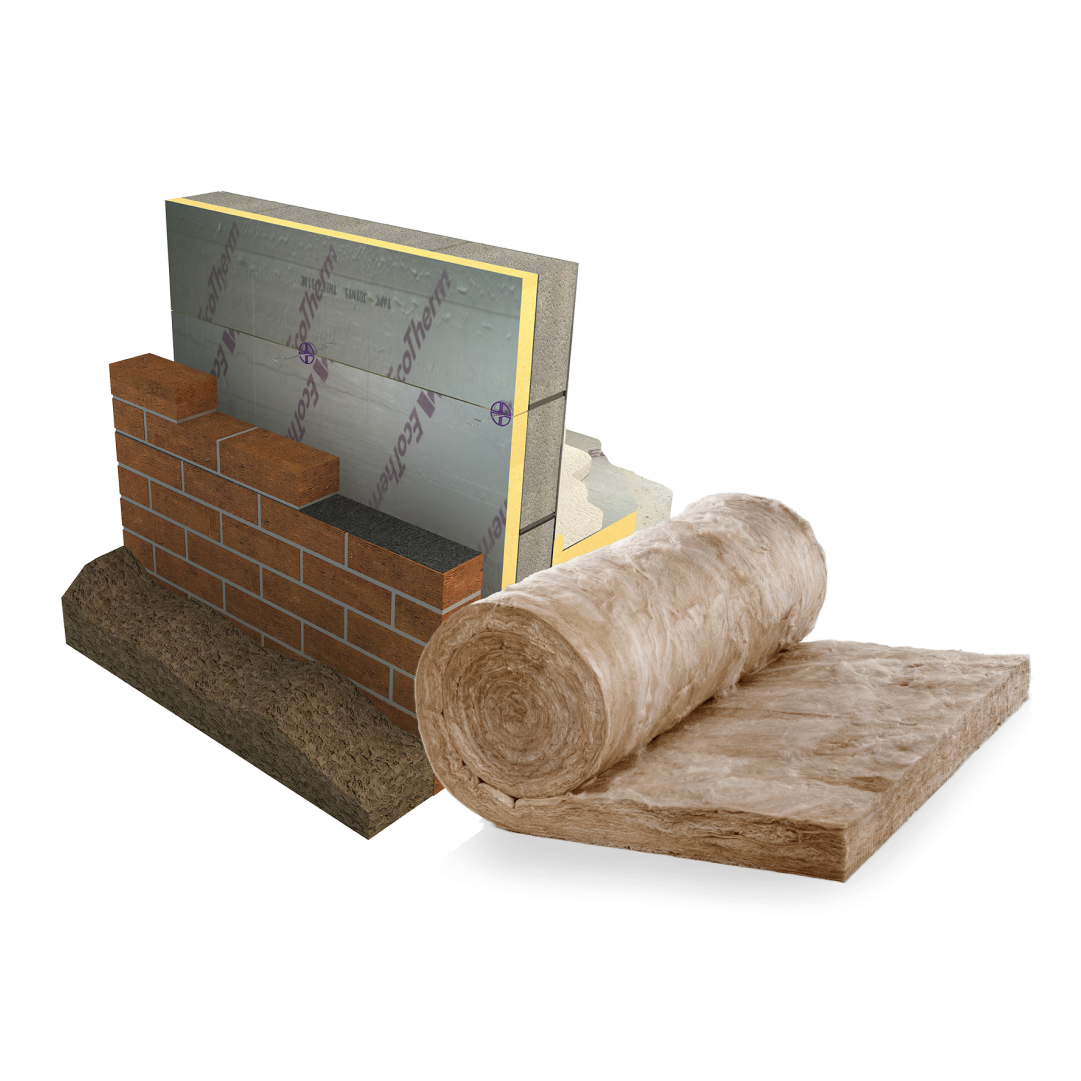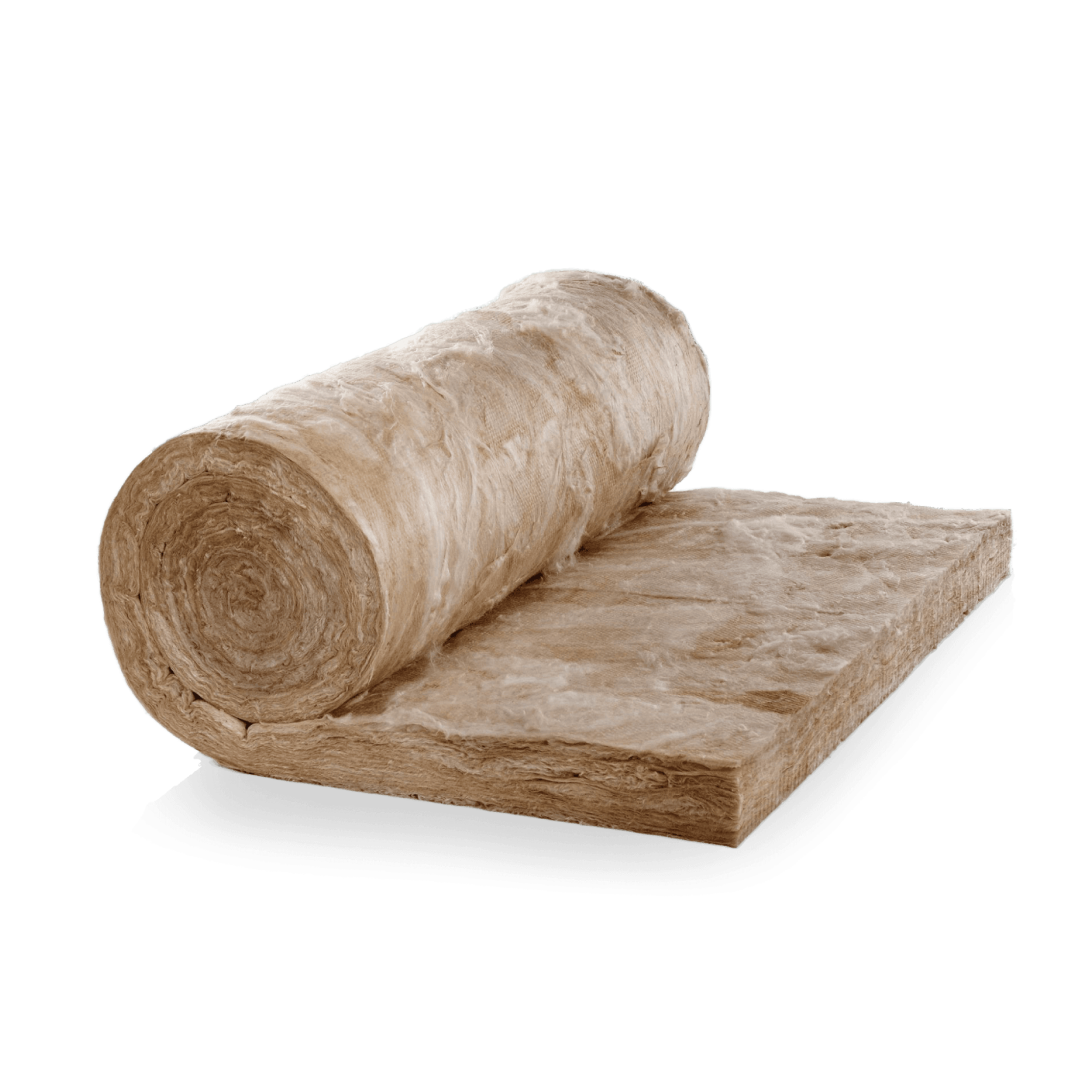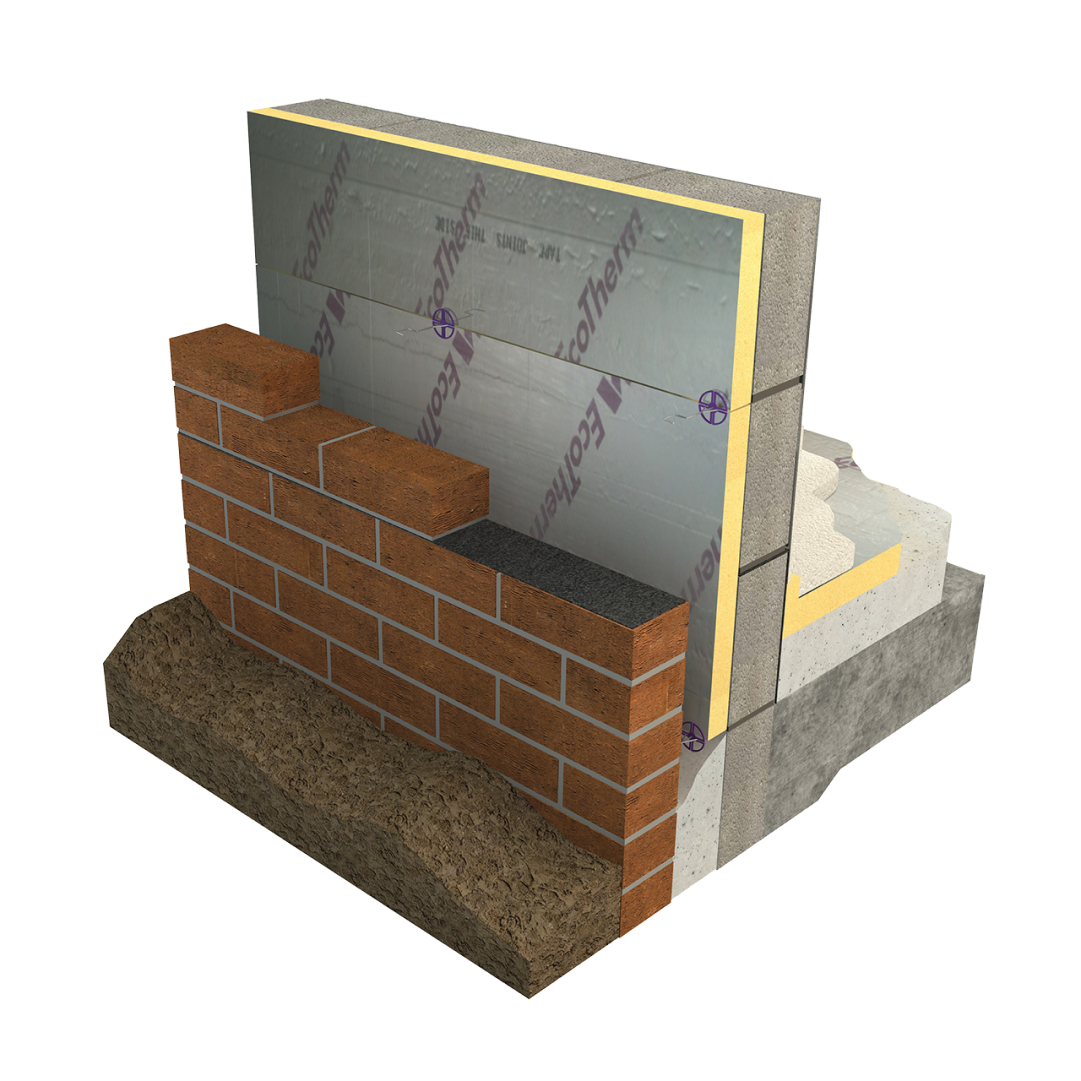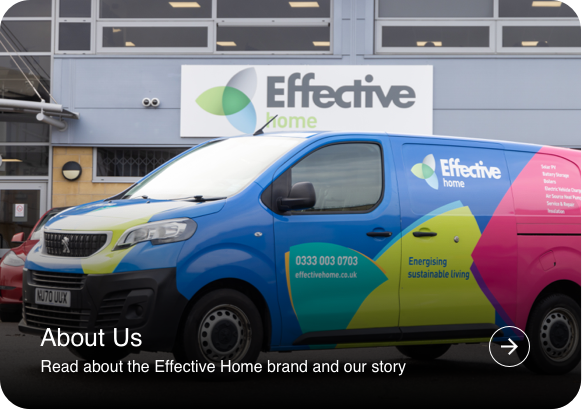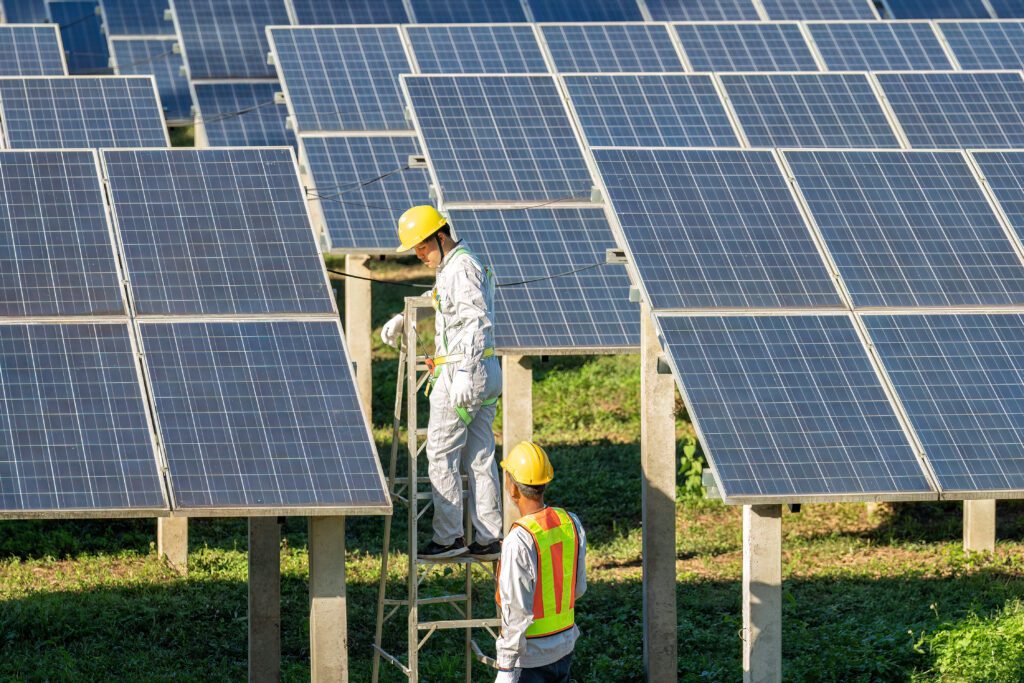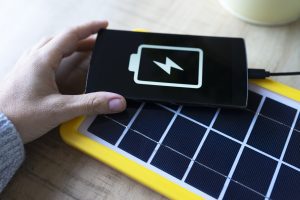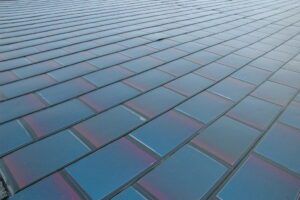How to Test Solar Panels
Solar energy systems provide a reliable means of generating free electricity, with highly durable components that can last up to 25 to 30 years, and in some cases even longer. Sometimes, though, things can go wrong with your solar PV system, meaning you are not getting the full benefit from your solar panels.
In this post, you can find out about problems your solar panels might develop and how to test for them.
Signs Your Solar Panels Need Checking
Your solar array may need testing if you notice issues such as:
- Decrease in power output.
- Higher electricity bills.
- Panel frames or mounts that look bent.
- Visible damage to wiring.
Various problems can negatively impact solar panel performance. Common issues include:
- Poor installation, which can also damage your roof.
- Lack of maintenance.
- Issues with the solar inverter. Solar inverters aren’t as durable as solar panels.
- Damaged panels.
- Outdated technology.
- Faulty wiring – corroded cables or loose connections.
- Hot spots on panels if they overheat or are overloaded.
Given that a problem with a single solar panel can affect the entire system, periodical professional solar panel testing is recommended. This ensures your panels are generating efficiently and providing sufficient power to save money on your energy bills.
Simple Solar Panel Tests
If you’ve noticed a reduction in solar output, the cause can sometimes be fairly obvious.
For example, you may be able to see that the growth of a nearby tree is blocking sunlight from reaching your solar panels.
In other cases, however, identifying the problem can be less straightforward, and you actually might not be aware for some time that you actually have a problem. Fortunately, there are some simple checks you can do yourself to find out if your solar panel system is working properly.
Check the Generation Meter
Your solar panel installation incorporates a generation meter that measures how much electricity the panels are producing in kilowatt hours (kWh). Take regular meter readings so that you are able to compare figures in order to identify potential problems.
Take into account fluctuations that could be down to changes in weather, and keep in mind that your readings will likely be lower than the potential output. However, any significant differences could indicate a problem with the system.
If your generation meter is showing a red light, you’ll know instantly that your solar power system isn’t functioning correctly. Check for this during day time, when your solar panels should be generating power.
Online Monitoring
Most modern solar panel installations come with an internet connection. This provides an easier alternative to manually checking your generation meter.
You can monitor your power output online in real time, via a desktop computer, tablet, or smartphone app.
Professional Solar Panel Testing
More comprehensive solar panel testing can be done either in situ on the roof or on the ground. Removing solar panels should be left to a solar panel expert, and they’re best equipped to perform solar panel tests.
They use a multimeter capable of measuring both direct current voltage and amperage. This is done because solar panel output is rated in watts – volts multiplied by amps.
Solar panel specifications include:
- Short-circuit current (ISC) measured in amps – the highest current the panel will produce under standard test conditions.
- Open-circuit voltage (VOC) measured in volts – voltage available with no electrical load attached.
These are checked with the multimeter, bearing in mind the specifications are based on standard test conditions (STC). When solar panels are tested after installation, conditions will be different and the readings lower.
- Create a Tailored Quote Based On Your Circumstances
- Takes Less Than 2 Minutes
- Fixed-Online Quotes

Importance of Solar Panel Testing
It can be difficult to know when a solar energy system isn’t working at full capacity. The first sign may not be apparent until you get an unexpectedly high bill for mains electricity.
This makes regular preventive maintenance important. Testing your solar panels will tell you whether or not your system is achieving optimal functionality. If it isn’t, you can take prompt action to rectify the issue before it gets worse.
Testing solar panels tells you their actual power output. Solar panel systems are rated in kilowatt peaks (kWp) after being tested in a lab. This is known as nominal power – the amount of electricity your solar panels can produce in ideal conditions. The actual power your system delivers will be less than this and depends on factors such as where you live, the direction your house faces, and angle of the roof.
Testing your solar panels gives you a clear idea of how much power your panels are really producing and how much money you’re saving by reducing reliance on the national grid. More importantly, regular solar panel testing also allows you to identify any issues with the system, such as a drop in energy production due to faulty or broken parts. You can then call in professionals to restore your system to full operational capacity.
Benefits of Testing Solar Panels
Testing your solar panels helps ensure you’re getting the full benefit from your investment in renewable energy.If they’re not doing their job properly, you can get a solar energy expert to put things right.
This will result in maximum savings on electricity bills through reduced dependence on your mains electricity supplier. You’ll also get the opportunity to sell more solar-generated electricity back to the grid. Plus, you’ll have a more environmentally friendly home, with fewer carbon emissions.
A solar energy system generating optimal levels of free electricity can also increase the value of your home.
Solar Panel Maintenance
Thanks to robust design and lack of moving parts, solar panels need only minimal maintenance. There are, however, a few things besides regular monitoring that you can do to ensure your solar panels are working efficiently.
Regular rainfall in the UK tends to keep solar panels fairly clean. But some areas may be prone to build-ups of dirt or debris such as bird droppings or falling leaves which can significantly reduce panel power output.
You can clean your solar panels yourself or hire a solar panel cleaning service. If you do it yourself, the safest way is to stay on the ground and use a hosepipe or, better still, a water-fed pole with a squeegee and soft-bristled brush.
Avoid cleaning your panels in hot weather, when cold water sprayed onto the panels could cause smudging or damage.
If you want to avoid regular solar panel cleaning, self-cleaning systems are available. These panels have a coating that prevents water droplets from sticking to them. As the water drains off, it takes dust and dirt with it.
Professional Maintenance
Some solar installers offer maintenance packages, so this is something worth considering. The annual service crucially includes a visual inspection of the panels and condition of the roof. This is invariably best left to a professional as doing any work of this nature can be potentially dangerous.
Professional maintenance also typically includes:
- Checking the solar inverter, meter, and other components.
- Current and voltage checks.
- Analysis of energy production.
Benefits of Quality Solar Panel Installation
It’s easy to overlook solar panel testing despite its importance. Testing your solar panels ensures they continue to achieve optimal performance, keeping electricity bills lower and potentially avoiding more costly repairs in the future.
If your simple, basic checks suggest a problem, you can get professionals to do more thorough tests and carry out any repairs needed. The best way to avoid unnecessary solar panel problems, and minimise other issues, is to ensure your system is installed to the highest standards.
Effective Home has been installing quality solar panel systems for homes and businesses for many years.
Our solar installers are certified by the Energy Performance Validation Scheme (EPVS). You know your system won’t let you down because our solar performance estimates are accurate and independently verified.
Call us on 0333 003 0703, email [email protected], or get in touch online to schedule a free site survey and quote for your solar panels.
- Create a Tailored Quote Based On Your Circumstances
- Takes Less Than 2 Minutes
- Fixed-Online Quotes

